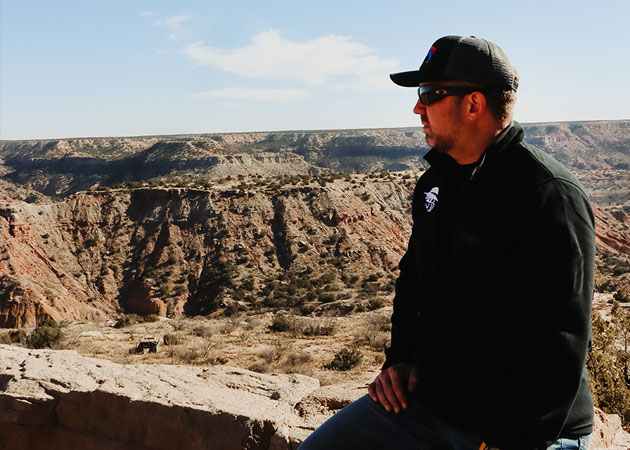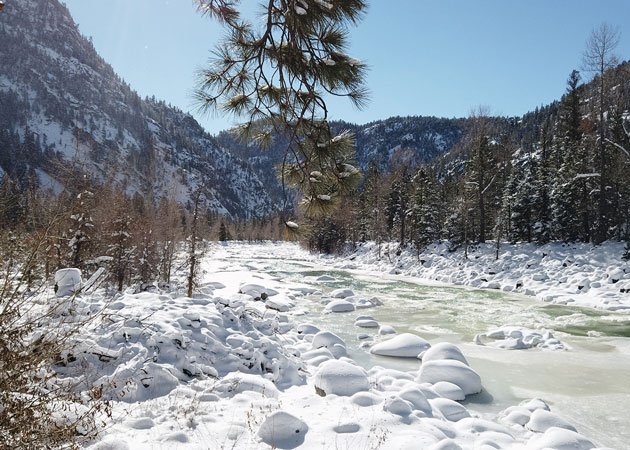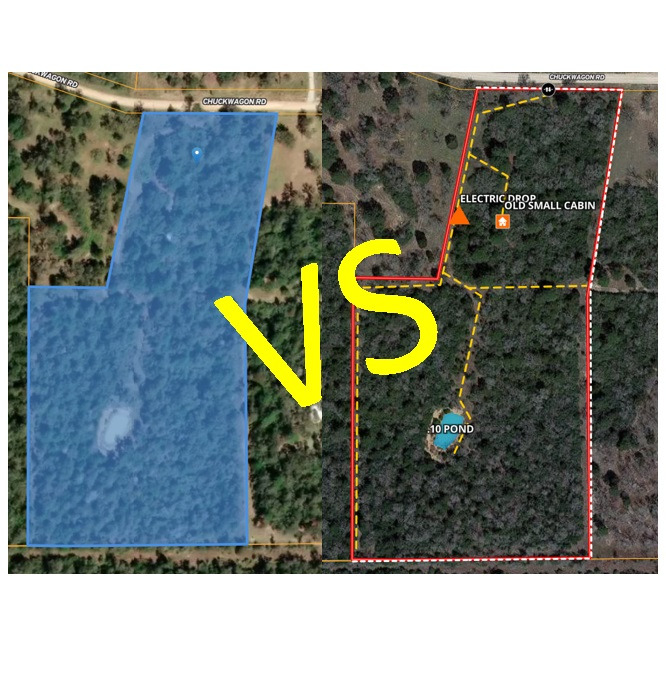Figuring out how to sell land can be a daunting task.
Realizing that selling land is different than offering a house or condo can be daunting. Figuring out the selling of land is no simple feat; it entails its own particular difficulties and intricacies.
The process requires strategic planning, careful preparation, and savvy marketing skills. But when done right, you stand to make substantial profits from your sale.
If you’ve been wondering how to sell land effectively for maximum profit, this guide is designed just for you. We’ll delve into practical steps of the that can help transform this seemingly arduous journey into a smooth sail.
Table Of Contents:
- Decoding the Process of Selling Land
- Unlocking the Potential of Your Land Sale with Real Estate Agents
- Steps to Prepare Your Land for Sale
- Pricing and Marketing Your Land: Strategies for Success
- Legal Considerations and Documentation: The Nitty-Gritty
- Strategies for Reaching Potential Buyers
- Harnessing the Power of Online Platforms, Social Media, & Advertising
- Conclusion
Decoding the Process of Selling Land
The voyage from possessing a parcel of land to selling it is quite an excursion. You’re not just offloading a property; you’re passing on potential and opportunities to someone else. How can one go about this process? Let’s dive in.
“Selling raw land isn’t like selling your typical residential real estate. It requires understanding natural resources, land zoned, ag exemptions, telling the story of your property, and showcasing your property’s value.”
Unearthing the Potential: The Highest and Best Use
No matter if your land can be used commercial businesses, investment land, or other uses, your vacant land holds untapped potential that needs identifying before you sell it. Whether its best use is for residential purposes, ranching, or commercial development can greatly influence its marketability.
If applicable you’ve got to get familiar with local zoning regulations – they play a huge role here. If possible, up-zoning your plot could boost its worth significantly when it comes time to sell vacant lands. Not all land is necessarily zoned.
Understanding the lands deed restrictions is as important as zoning regulations in addition.
A buyer wants assurance that their investment will pay off in future growth possibilities when buying such assets, so don’t hold back any details about what might be built there someday.
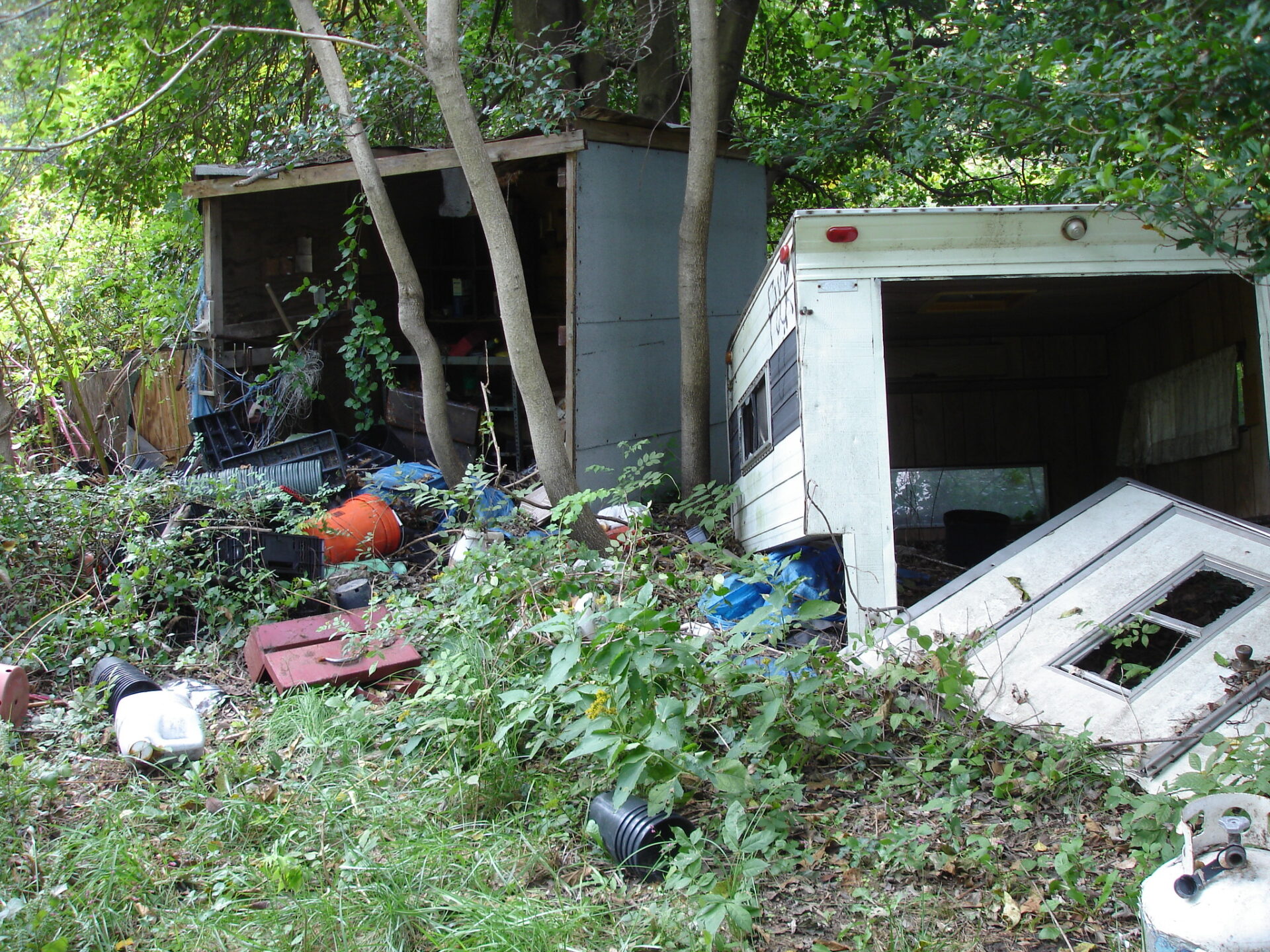
Grooming Your Property For Sale
Land doesn’t sell itself, cleanliness matters. A well-prepared plot has higher chances of attracting serious inquiries during a land sale process than those without proper preparations done beforehand.So put on some gloves and start clearing away debris or overgrown vegetation which could obstruct views, remove weeds, clear property boundaries, remove junk (can lower your value more than 10%), or impede construction activities later on.
In certain cases where significant improvements are required before listing it for sale, hiring professionals like surveyors and environmental assessors becomes necessary to ensure there aren’t any hidden issues needing immediate attention.
Tying Up Loose Ends: Closing The Deal
Selling raw lands involves more than just shaking hands; finalizing deals requires legal procedures to be followed accurately, including drafting purchase agreements specifying terms and conditions agreed upon between both parties involved.
This usually involves engaging services offered by title companies who ensure all documentation-related paperwork pertaining to ownership transfer gets completed correctly without causing disputes later down the line, post-transaction completion date.
If “how does selling lands work?
Key Takeaway:
Land selling isn’t your typical real estate deal – it’s a journey of untapped potential and opportunity. You need to understand zoning laws, highlight the best use of your property, and prepare it well for sale. It’s not just about shaking hands; legal procedures must be followed accurately to close the deal smoothly.
Unlocking the Potential of Your Land Sale with Real Estate Agents
– James Bigley, Founder at James Bigley Ranches
In essence, finding a skilled real estate agent is crucial for securing a favorable deal.
Finding an Experienced Agent
The search begins by identifying prospective estate agents who specialize in selling properties like yours. Not all agents are created equal – some have more experience dealing with land sales than others.
- Consider their track record: How many similar properties have they sold before? The amount of years in the business is not as important as how many deals they have closed in their career.
- Analyze their marketing strategy: Do they know how to attract potential land buyers effectively?
- How do they advertise? A simple sign, MLS, and LandsofAmerica is not going over and beyond. Ask about their advertising strategy.
- Do they have the tools necessary to help you sell your property (Mapping software, drone, UTV to show the property, for example)?
- Evaluate their network: Are they connected with other key players within the industry?
Negotiating With Your Chosen Professional
Negotiation skills play an essential role when closing deals. Need help figuring out if you should hire a real estate agent or not? Click here.
You may even consider hiring a legal professional such as a real estate attorney to review contracts during negotiations.
Maintaining Open Communication
Your relationship doesn’t end once you’ve selected your agent; it’s only beginning. Regular updates from them will let you adjust strategies based on changes within the market or interest levels from potential buyers.
Steps to Prepare Your Land for Sale
Preparing your vacant lot for sale may seem like a daunting task, but with the right approach, it can be straightforward. Let’s go through the steps to transform your land into an attractive purchase.
1. Enhance the Natural Beauty
The first step is to leverage the beauty of nature. How can you make a bare plot of land more appealing? Start by planting wildflowers. Not only do they add color to the space, but they also highlight the fertility of the soil.
Don’t fret if your land is overrun with weeds. Removing these unwanted plants will significantly improve the appearance of your land and show potential buyers that it is well-cared-for. For more tips on preparing your land, check out this resource.
Efforts to enhance the presentation of your land won’t go unnoticed. They often result in higher offers (10%-20%) from prospective buyers who appreciate the time and care taken to maintain its natural beauty.
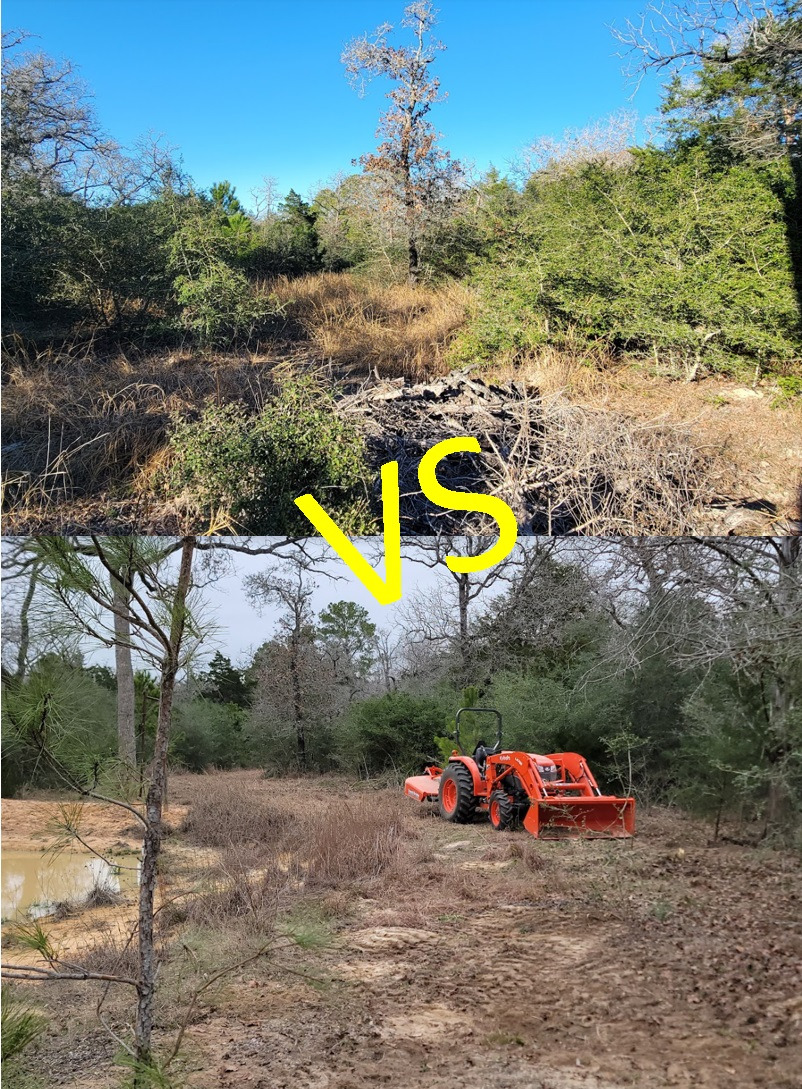
2. Market Your Property Effectively
Ensuring that your property looks good is one thing, but getting people to see it is another challenge altogether.
To attract serious prospects and increase the chances of a successful transaction at a better price, you need effective marketing strategies. Here are some ideas that your chosen agent should be considering:
- List your property on real estate platforms and social media specializing in rural properties or ranches, such as James Bigley Ranches;
- Promote it in local newspapers;
- Leverage online classifieds;
- Create posts about it on social media groups dedicated to buying/selling land, etc. These platforms offer opportunities to showcase what makes your plot unique.
Remember, the way forward involves both improving the aesthetic appeal of your land and implementing strategic marketing. This combination is likely to draw attention from genuine prospects.
Key Takeaway:
Spiff up your land’s natural charm and shout it from the rooftops. Planting wildflowers can add a splash of color and prove soil fertility, while weed removal enhances its overall appeal. Don’t just stop at beautification – spread the word through specialized real estate platforms, local newspapers, online classifieds or social media groups. A two-pronged approach
Pricing and Marketing Your Land: Strategies for Success
Determining the optimal price point for land can be a challenge. But how do you determine that perfect number? It’s not as simple as putting a tag on your favorite pair of jeans; vacant land has unique attributes that significantly impact its market value.
Now is the time to understand how to price your property competitively and effectively market it. This could make all the difference between an offer coming in or potential buyers passing by.
The Art of Pricing Land
Determining a fair yet profitable price for your vacant land isn’t just about pulling numbers out of thin air—it involves considering factors like location, zoning laws, accessibility, restrictions, the condition of the property, improvements, and topography.
A land real estate agent understand the land market, will be able to pull comps from the MLS or other platforms, and determine a market rate. Another way for a land owner to determine value is to hire an appraiser in the area.
A waterfront property might fetch higher prices than one tucked away inland—just like parcels with development potential can attract more cash offers from builders or investors looking for commercial opportunities.
Crafting Effective Marketing Strategies
Surely pricing matters—but so does marketing. The secret sauce here is knowing who you’re trying to attract (your target audience) and tailoring your message accordingly.
If developers are what you’re after—highlight things they care about such as high traffic counts or proximity to business districts. On the other hand—if individuals seeking recreational lands are more up your alley—play up natural features like scenic views or abundant wildlife presence.
Leveraging Digital Platforms
In today’s digital age—you have countless ways at your disposal when reaching out to prospective customers worldwide—a strategy particularly useful when marketing vacant land which tends to garner a wider audience online compared to traditional methods alone.
Platforms specializing in rural properties listings such as LandWatch and LandAndFarm provide excellent exposure among people interested specifically in buying lands.
Don’t forget social media channels either. Facebook Marketplace—an easy way to ensure maximum visibility within local communities—is a free accessible tool every seller should consider using.
Key Takeaway:
Selling land is more than a price tag—it’s an art form. It requires understanding the unique features of your property and setting a competitive yet profitable price accordingly. But that’s only half the battle; effective marketing tailored to your target audience, be it developers or recreational seekers, is crucial too. In this digital age, don’t underestimate the power of online platforms—they
Legal Considerations and Documentation: The Nitty-Gritty
When it comes to selling land, there’s a whole bunch of legal stuff you need to understand. Things like purchase agreements and zoning laws are all part of the game.
The process isn’t just about putting up a ‘For Sale’ sign on the plot. It’s more intricate than that, with many moving parts working together. But don’t worry. We’re here to break down these complexities for you.
Purchase Agreement – Your Best Friend.
A Vacant Land Purchase Agreement is crucial for a successful sale. This document outlines everything from price points and closing dates to contingencies and disclosures about property conditions.
It acts as your roadmap during negotiations, ensuring everyone involved knows their roles and responsibilities. And let me tell you something; nothing beats clarity when navigating through real estate transactions.
Disclose Everything
A property owner must disclose any issues with the property for example: easements, trash, survey or boundaries, leases, or anything that would inhibit the sell of the property.
Zoning Laws – More Than Just Red Tape
Zoning laws may seem like pesky red tape, but trust us; they’re incredibly important. These regulations dictate how land can be used – whether it’s for building cozy homes or developing commercial real estate projects like shopping malls.
You need to know your local zoning ordinances before putting up that ‘For Sale’ sign because potential buyers will have specific plans in mind when purchasing land. So save yourself some time by providing accurate information right from the start.
Selling Land? You Might Need an Attorney
In certain states, hiring an attorney is mandatory when dealing with real estate transactions.
But even if it’s not legally required where you live, getting professional help could prove invaluable if complications arise during negotiations or due diligence phases of selling land.
An experienced real estate attorney can thoroughly review contracts to ensure no hidden clauses lurk beneath, which might lead to problems later on. They can also offer advice regarding tax implications and navigate title transfers, among other benefits. They serve as reliable guides throughout the sales process, making sure everything goes smoothly until the final signature seals the deal.
And that’s a wrap, everyone. We’ve just breezed through the legal stuff and paperwork you’ll need when selling empty lots. Don’t forget,
Key Takeaway:
When selling land, the devil’s in the details. It’s not just about slapping a ‘For Sale’ sign on your property. Legal documents like purchase agreements and zoning laws are vital to navigate this intricate process smoothly. An experienced real estate attorney can be an ace up your sleeve, helping you dodge potential pitfalls while ensuring all transactions are above board.
Strategies for Reaching Potential Buyers
However, with some clever strategies and an active approach, you can effectively attract potential buyers.
Try using online advertising to connect with possible purchasers.
1. Harness the Power of Online Advertising
The digital age has revolutionized the way we sell properties. So, why not leverage it to reach potential buyers? While a well-placed ‘For Sale’ sign on your property can work wonders, consider the visibility that online platforms offer.
You can list your property on popular real estate websites or even social media channels where thousands of people are constantly searching for good deals. Remember, compelling descriptions and high-quality images play a crucial role here.
2. Adopt Email Marketing Techniques
Email marketing is far from dead; it has simply evolved. This method allows you to share details about your prime location, unique features, and competitive pricing directly to the inbox of potential buyers.
This strategy works best when targeting individuals who have previously shown interest in similar properties – they are already halfway sold. Maintain regular communication with these prospects to increase the chances of closing the deal faster than expected.
3. Employ Professional Land Buying Companies
Beyond individual purchasers, there are professional companies dedicated solely to buying land – a great opportunity, if you ask us. These organizations typically have substantial capital resources and actively seek lucrative investment opportunities.
- Avoid lengthy negotiations by choosing such firms, as they often provide comprehensive services including fair market valuations and quick purchases.
- If speed is of the essence, consider going down this route.
- The key lies in identifying reliable companies that offer value-for-money deals while ensuring smooth transactions throughout.
Key Takeaway:
When selling land, don’t just stick a ‘For Sale’ sign in the ground and hope for the best. Instead, maximize your reach by harnessing online advertising and email marketing to directly connect with potential buyers. High-quality images and compelling descriptions can draw attention on digital platforms while targeted emails can maintain interest. Don’t overlook professional land buying companies either – they’re
Harnessing the Power of Online Platforms, Social Media, & Advertising
In our digital age, land sales are no longer confined to traditional methods. Thanks to online platforms like Facebook Marketplace and Zillow, your listings can now reach an unprecedented number of potential buyers.
“Selling vacant land on Facebook Marketplace lets you access a vast community of potential buyers.”
This platform is not just about posting and managing your listing with ease; it’s also about building trust through direct engagement with prospects.
The Art of Selling Land on Facebook Marketplace
To stand out from the crowd in this bustling marketplace, you need more than just a simple listing. A detailed description highlighting unique selling points coupled with high-quality photos can make all the difference. Facebook Marketplace is great option to gain additional exposure for your property.
“Remember: Your property isn’t merely ‘land for sale.’ It’s an opportunity for someone’s dream home or investment project.”
Advertising on Social Media
Utilizing social media platforms like TikTok, YouTube, Instagram, and Facebook for real estate advertising and marketing is becoming increasingly crucial. However, it is an avenue that remains largely untapped. Partnering with influencers such as JamesBigleyRanches can provide you with the opportunity to reach new audiences and effectively promote your property. By taking a proactive approach to advertising on these platforms, you can maximize exposure and increase your chances of selling the property successfully.
“Remember: Your property isn’t merely ‘land for sale.’ It’s an opportunity for someone’s dream home or investment project.”
Zillow: Broadening Your Reach
Moving beyond local communities, Zillow provides nationwide exposure to those actively seeking real estate opportunities. As Key Stats notes:
“Marketing vacant land via websites like Zillow reaches wider audiences compared to conventional methods alone.”
Zillow offers tools such as interactive maps and market trend data that give both sellers and prospective buyers valuable insights into property values.
The extent to which your property gets listed on popular real estate websites like Zillow, Realtor.com, and Homes.com depends on the real estate agent you choose. If they have access to the MLS (Multiple Listing Services) for your area, uploading your property onto the MLS will automatically result in its posting on these major real estate sites.
Crafting Effective Online Advertising Strategies
- Detailed Descriptions: Don’t skimp on specifics when describing your property.
- Picturesque Imagery: High-resolution images provide an accurate representation while sparking buyer interest.
- Savvy Pricing Strategy: A well-researched pricing strategy considering current market trends adds appeal to your listing.
- Provide a layout or mapping of your property.
In conclusion, utilizing these strategies across online platforms enhances chances at faster transactions.
Conclusion
Understanding the process of selling land is crucial for success. Determining the potential use of your land can have a significant impact on its market value. Having a knowledgeable real estate agent by your side can be invaluable in this endeavor.
Properly preparing your vacant lot is essential in attracting potential buyers. Consider tasks such as planting wildflowers or removing weeds to enhance its appeal.
Pricing and marketing strategies are vital for achieving a quick sale at an optimal price point. It’s important to carefully consider these aspects to maximize your profit.
Legal considerations should not be overlooked. Ensuring that you have all the necessary documentation ready will help streamline the transaction process.
Lastly, if you’re looking for expert guidance throughout the entire process, consider reaching out to James Bigley Ranches. With their deep understanding of ranch history and management, as well as their extensive experience in real estate transactions, they can provide valuable assistance. Connect with them today to learn how to sell your land for maximum profit. Thank you for reaching the How to Sell Land: Practical Steps for Maximum Profit article!
